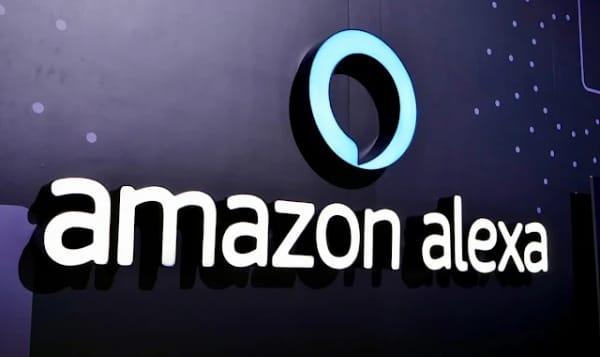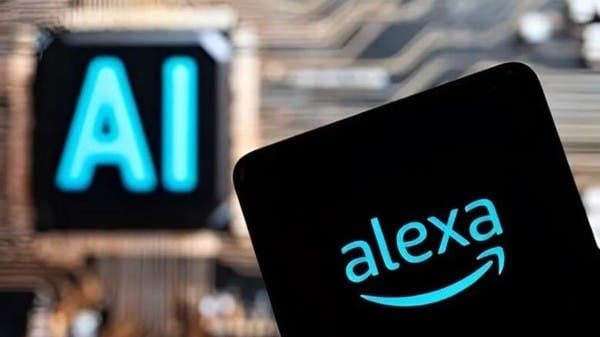New Alexa Delayed Until 2025 Due to Technical Challenges

Amazon has announced that the release of its updated “Alexa” smart assistant has been pushed back to 2025, a shift from the original plan to launch it by the end of 2024. This delay is attributed to technical difficulties associated with large language models, as the new version is still under development and has not yet achieved the expected performance standards.
Technical Challenges Linked to Large Language Models
The upcoming “Alexa” version is designed to utilize large language models, which are intended to improve its ability to comprehend complex inquiries compared to earlier iterations. However, Amazon has encountered challenges in getting the updated assistant to execute basic tasks effectively, such as setting timers and managing smart lights—capabilities that previous versions handled with ease.
Postponed Release Date to 2025
Initially, the new “Alexa” was scheduled for an October launch. Instead, Amazon chose to introduce a new range of “Kindle” devices during that time. As a result, the release of the revamped “Alexa” has been delayed until 2025.
Collaboration with Anthropic and Monthly Subscription for “Alexa” Services
Reports suggest that the forthcoming version of “Alexa” will be powered by the AI model “Claude,” created by Anthropic, and that accessing the new “Alexa” services may involve a monthly subscription fee.

Amazon’s Reaction to “ChatGPT” Success
The initiative to create a new version of “Alexa” was influenced by the significant popularity of “ChatGPT” last year. Amazon CEO Andy Jassy sought to evaluate Alexa’s performance in the face of AI-driven competition. According to reports, Jassy asked Alexa sports-related questions in a manner reminiscent of a press conference, but the responses were often inaccurate, with some even fabricating incorrect match outcomes.
Administrative Challenges Hindering Project Development
The issues extend beyond just Alexa’s performance. Some Amazon employees have pointed out that the growing administrative structure within the company poses significant challenges, coupled with a lack of a compelling vision for the project. This has hindered progress and made it difficult to achieve the desired quality.
In Conclusion
Amazon is currently grappling with both technical and administrative hurdles in the development of the new version of “Alexa.” Despite facing multiple delays, there is still optimism that the company will eventually launch a sophisticated smart assistant that meets user expectations and keeps pace with the rapid advancements in artificial intelligence.





